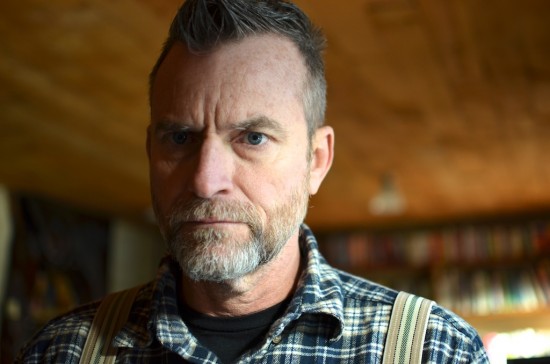The High Court decision is in, and the Marriage Equality (Same Sex) Act 2013 (ACT) is no more. Five days after the first same-sex marriages were celebrated in Canberra, those marriages are now void and the law is no more.
Naturally, a lot of people are disappointed that what seemed like an achievable path to same-sex marriage has now been shut off. But as I blogged earlier today, the notion of pursuing separate marriage laws for each State or Territory seems woefully misguided, especially as what that would achieve might well be the enactment of some sort of same-sex marriage framework, but it certainly isn’t the ‘marriage equality’ it’s been sold to us as.
Instead of lamenting the Court’s entirely sensible and reasoned (and unanimous) decision to invalidate the ACT law, we should thank George Brandis and the Commonwealth government for their efforts in illuminating the pathway to genuine marriage equality – an amendment to the Marriage Act 1961 (Cth) that reforms the institution of marriage to be genuinely inclusive of all people – not just heterosexual and homosexual couples, but bi, trans* and intersex people too.
Brandis could have just let the ACT law pass quietly and, barring some other party having standing to challenge it, the States and Territories could have each passed their own little same-sex marriage laws, people would have gotten frocked up in rainbow bow ties and mums would cry – and the hets-only federal law would have continued as the gold standard with no further political agitation for change. Real marriage under the Marriage Act, marriage-lite on a state-by-state basis. Instead, the momentum for change will just grow, and now there is only one way forward: the federal law must be amended.
Thanks, George. You just painted a big rainbow target on your own forehead.
Some more observations on the judgment over the fold.



 The government argues that de-funding QAHC was a response to rising HIV rates — evidence of QAHC’s lack of effectiveness — not an anti-gay agenda. But it would be a concern if HIV prevention in Queensland was to become more conservative, with little acknowledgement of the needs or interests of gay men.
The government argues that de-funding QAHC was a response to rising HIV rates — evidence of QAHC’s lack of effectiveness — not an anti-gay agenda. But it would be a concern if HIV prevention in Queensland was to become more conservative, with little acknowledgement of the needs or interests of gay men.